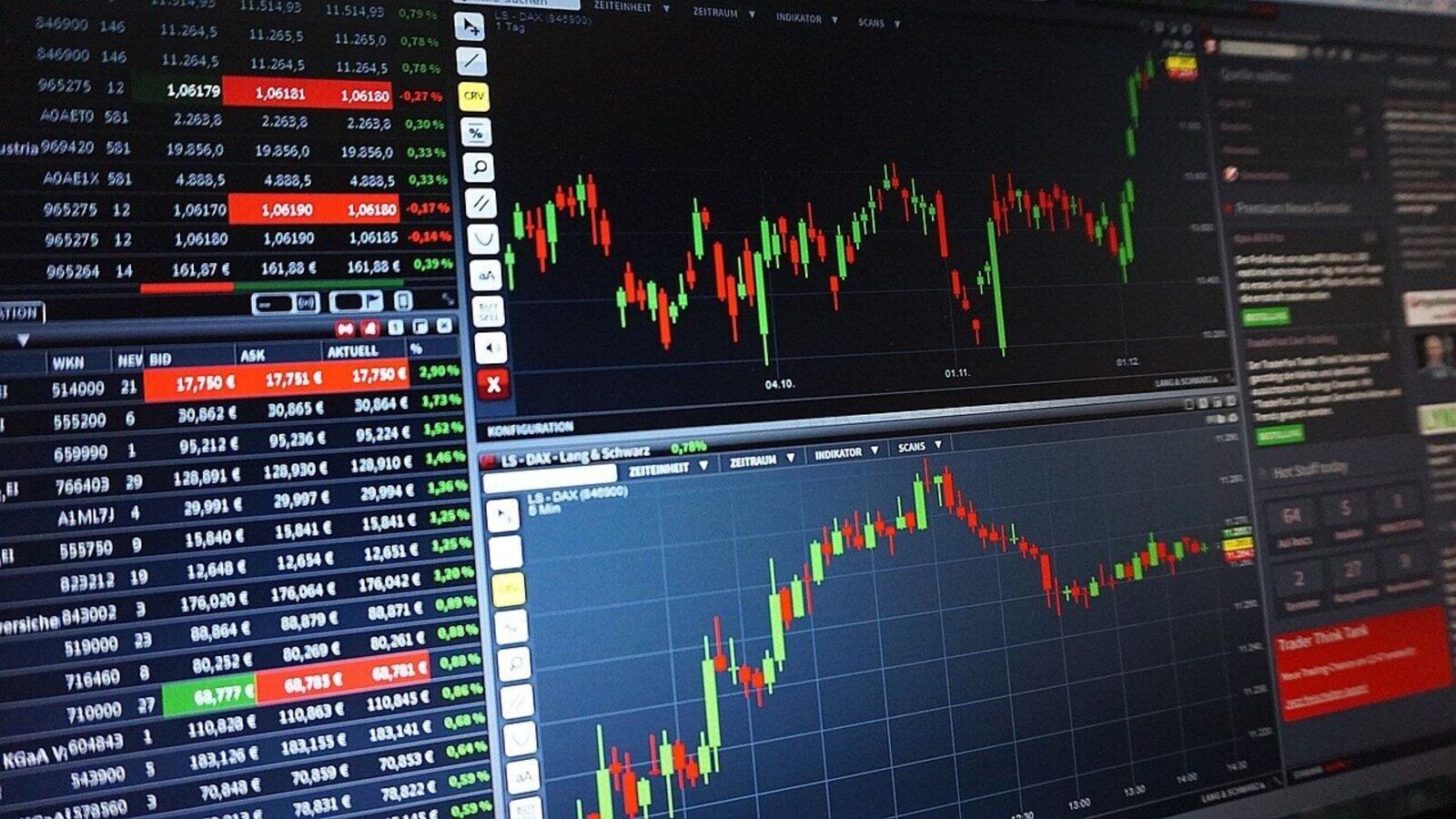Certainty in the election outcome and renewed foreign investor inflows into Indian equities have pushed benchmark indices to new peaks for two consecutive sessions. However, the banking index has not mirrored this trend.
Does the election impact the banking sector? If yes, would a likely third term for Modi benefit private banks or public sector banks more?
Index trend
Amid recent market movements, public sector bank stocks have surged while private sector banks witnessed some consolidation. The Nifty Private Bank index has declined over 2 percent year-to-date (YTD), whereas the Nifty PSU Bank index has surged more than 29 percent. In comparison, the benchmark Nifty Bank has gained 1.5 percent, mainly driven by heavyweight private banks.
In 2024 YTD, the Nifty Private Bank index has given positive returns in 2 and negative in the remaining 3 of the 5 months so far. It has lost around 1 percent in May till date after a 4 percent and 2 percent rise, respectively, in April and March. However, it was in the red in the first 2 months of the year, down over 5 percent in January and 2 percent in February.
On the other hand, the Nifty PSU Bank index gave positive returns in 4 of the 5 months so far. It shed 3.4 percent in May till date after 6 straight months of gains since November 2023. In 2024 YTD, the index rose 8.5 percent in April, 1 percent in March, 10.5 percent in February and 9.8 percent in January.
Meanwhile, in the last one year as well, the trend has been similar. The Nifty PSU Bank index has soared 85 percent while the Nifty Private Bank index has added just 9 percent. In comparison, the Nifty Bank index is up over 12 percent in this period.
Constituents
In the Nifty Private Bank index, barring 3 stocks – ICICI Bank (13.5 percent), Axis Bank (6.6 percent), and Federal Bank (4.5 percent), all other constituents have given negative returns in 2024 YTD. Bandhan Bank shed the most, down over 22 percent, followed by IDFC First Bank, down over 12 percent, HDFC Bank, down 11 percent and Kotak Bank, down 10.8 percent. IndusInd Bank, RBL Bank and City Union Bank also lost 2.9-10 percent.
On the contrary, all constituents of the Nifty PSU Bank index have delivered positive returns this year so far. Indian Overseas Bank is the top gainer, up 55.5 percent, followed by Bank of Maharashtra, up 51 percent. All other PSU banks in the index have advanced between 14 and 43 percent each.
Private or public sector banks? Which will benefit more from the likely Modi win? Here’s what experts say:
Chris Wood of Jefferies believes PSU banks will be the winner.
The key reason behind the consolidation in private banks recently, according to Chris Wood, is the regulatory pressure from the Reserve Bank of India (RBI) to slow loan growth in the retail segment, particularly in the area of unsecured loans, and to “manage” loan-to-deposit ratios.
He added that public sector banks, which still account for 61% of deposits, have become more competitive helped by Narendra Modi’s structural reforms such as the Insolvency and Bankruptcy Act of 2016.
Dnyanada Vaidya, Research Analyst – BFSI, Axis Securities, sees PSU banks gaining more.
We believe banking stocks are poised to deliver a strong performance and we remain positive on banks. In Q4, banks reported largely in-line results, with highlights being healthy credit growth, improved deposit mobilisation, a moderating pace of margin compression, and strong asset quality metrics. We continue to believe that banks are likely to continue to deliver similar healthy performances in FY25.
Post election, if the incumbent government continues, we expect an increase in buying interest in PSU banks. Among the PSU banks, we favor SBI and Bank of Baroda. However, we also have a positive view on certain private banks. We like ICICI Bank and Federal Bank among the private banks.
Vinnaayak Mehta, Financial & Stock advisor and founder, The Infinity Group, is also more positive on PSU banks.
The government’s focus on addressing non-performing assets (NPAs) and strengthening public sector banks (PSUs) through mergers will attract more investor attention to this sector.
However, he cautioned that prudent investors must exercise caution and conduct thorough research and analysis before entering the post-election market frenzy. While optimism prevails, a judicious approach informed by past performance and current financial standings of stocks is essential for navigating the potentially volatile post-election landscape of the stock market.
On the contrary, Jignesh Shial, Director – Research; Head of BFSI Sector at InCred Capital, is more bullish on private banks.
We remain positive on the sector and more specifically on private banks given their higher return ratios. Stocks may see some unstable movements in the near term only to stabilise in the medium to long term.
Disclaimer: The views and recommendations made above are those of individual analysts or broking companies, and not of Mint. We advise investors to check with certified experts before taking any investment decisions.
You are on Mint! India’s #1 news destination (Source: Press Gazette). To learn more about our business coverage and market insights Click Here!
Download The Mint News App to get Daily Market Updates.
More
Less
Published: 24 May 2024, 04:09 PM IST
